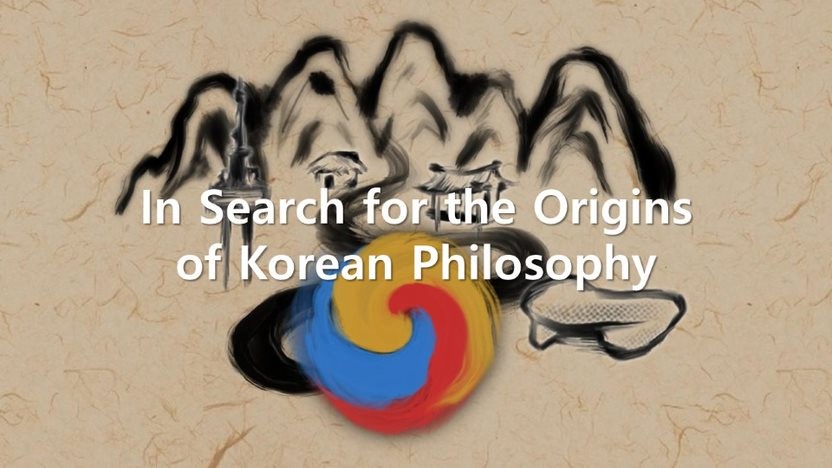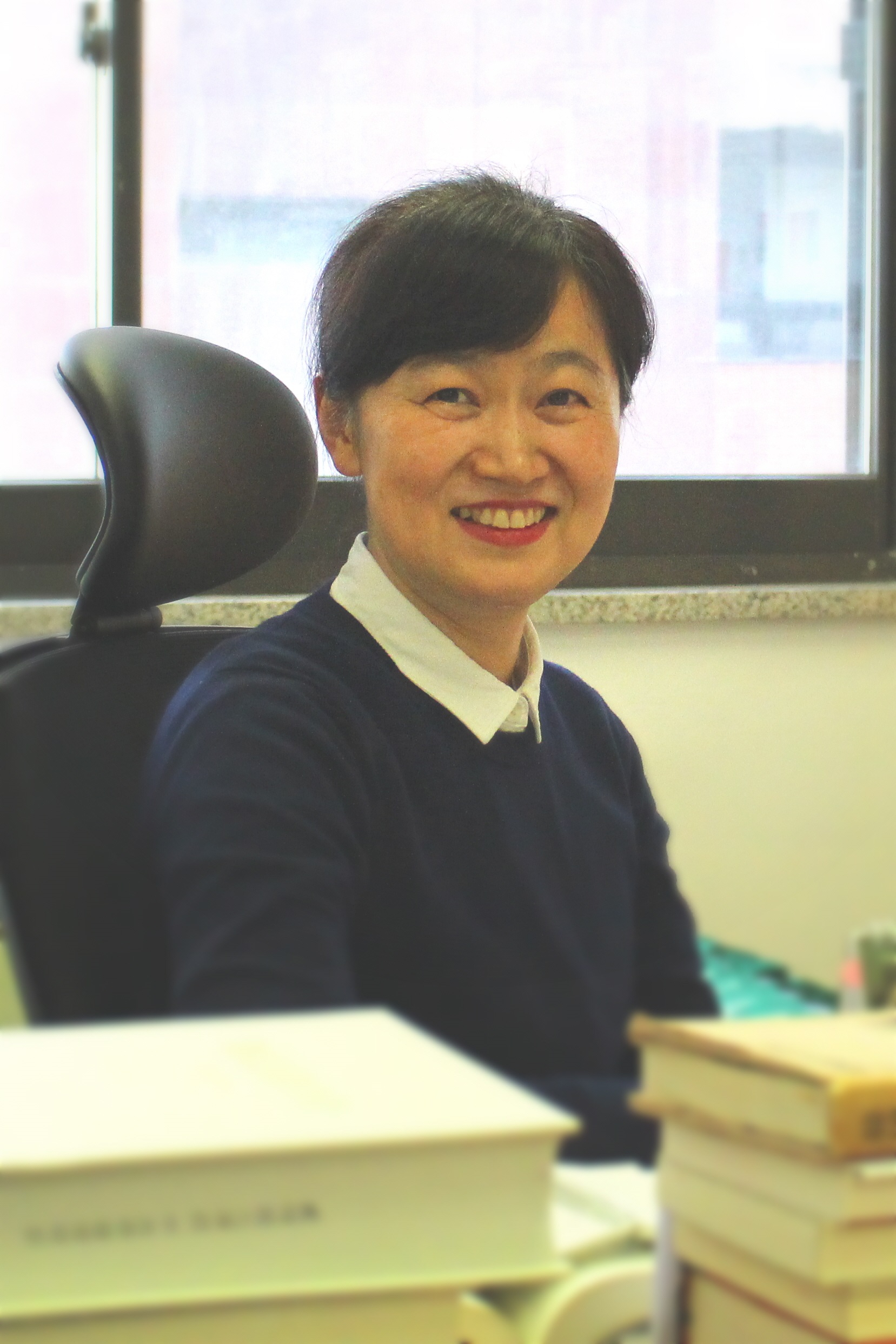수업내용/목표
This course aims at discovering, analyzing, and organizingliterature from the history of Korean philosophy, and acting as akind of source book of Korean philosophy. The course also exploresand provides sources that have not been highlighted by others inrelation to the prototype of Korean philosophy.










